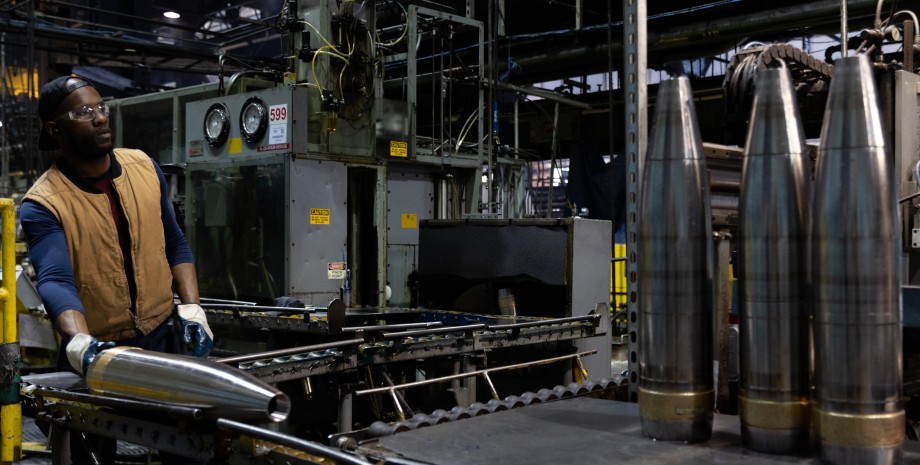
Nammo is one of four large ammunition suppliers in Europe, along with French Nexter, British Bae Systems and German Rheinmetall. "We are in a state of the war of industrial capacity, but the end result is not a competition with Russia by one in volume, but a competition and an increase in our advantage with technology; it means greater range, accuracy, greater advancedness," Brandtzege said.
According to CNN, which refers to NATO sources, Russia produces about three million artillery shells annually. At the same time, Europe and the United States are able to produce only 1. 2 million together. However, European countries are increasing production facilities by supporting the defense industry through government subsidies. Among such countries, Brandtzeg identified Norway, Sweden, Finland and Germany, where companies are actively developing shell production.
An important role in these efforts was played by the Act for the Production of AMAP (ASAP), approved by the European Union in 2023, which provides for financing of 500 million euros to reach a target of two million shells by 2025. According to Brandtzeg, long -term planning remains one of the main problems, as "the whole procurement system has given priority to national procurement" in the "Deep Peace". Therefore, the Nammo manager called for many years of contracts to provide stable production.










All rights reserved IN-Ukraine.info - 2022